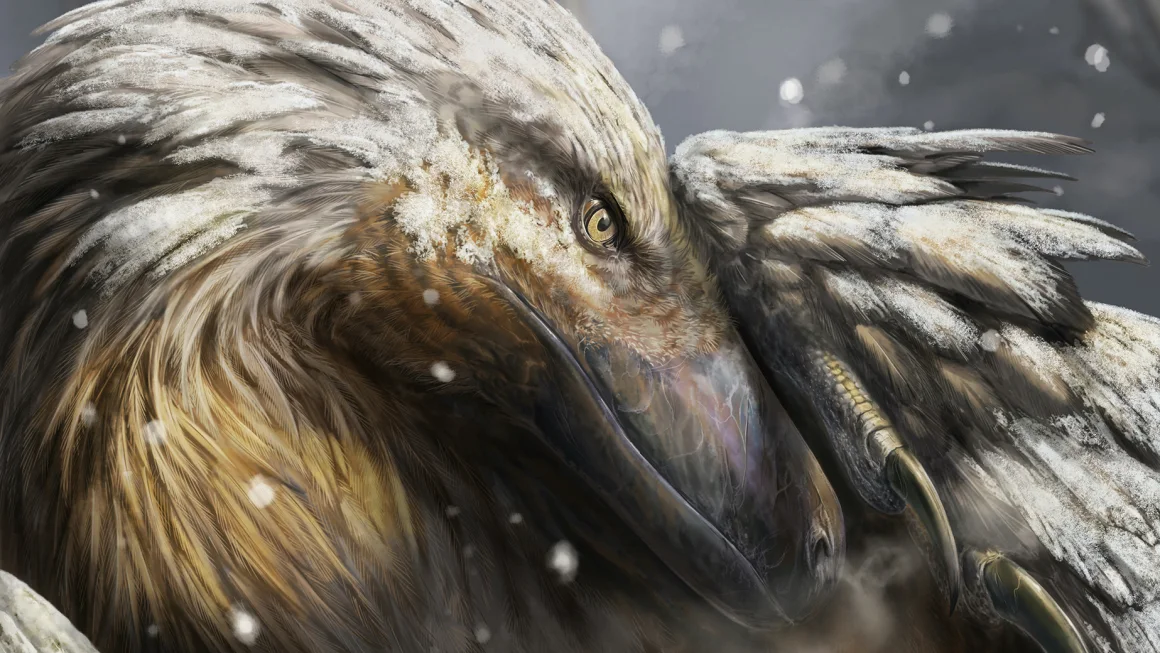MI weekly selection #560
MI weekly selection #560

Extinct Nile branch carried pyramid builders, material
A now-extinct 64-kilometer branch of the Nile ran past the location of Egypt’s Great Pyramid and 30 other pyramids 4,700 years ago when construction began. The 0.5-kilometer-wide branch was discovered through ground-level geophysical data, electromagnetic tomography and ground-penetrating radar — plus the extraction of two cores of earth that suggest a 25-meter depth.
Full Story: CNN
Hominins may have hunted cave bears 300K years ago
Slice marks and other evidence on cave bear bones in Germany indicate that hominins began hunting the 750-kilogram, 3-meter animals about 300,000 years ago, according to a study in Quaternary Science Reviews, which notes that some of the oldest bones were untouched and could have been from bears that died of natural causes. “They live well with other hominin species, but when Homo sapiens arrives, the population starts to decline,” says archaeozoologist Giulia Toniato, a co-author of the paper, which also says that from about 40,000 years ago, nearly all the bear bones showed signs of fur and meat removal.
Full Story: Science
3 oldest known stars found lurking at edge of Milky Way
The universe’s three oldest stars have been circling the edges of the Milky Way galaxy for 12 billion to 13 billion years, forming at about the same time as our universe. Levels of strontium and barium are low in all three Small Accreted Stellar System stars, suggesting they formed shortly after the Big Bang, when helium and hydrogen dominated the universe, leaving little room for other elements.
Full Story: Popular Science
Dinosaurs may have evolved into warm-blooded creatures
T. rex and other therapod dinosaurs, as well as herbivorous ornithischians like triceratops and stegosaurus, may have evolved to generate body heat in the early Jurassic and moved to colder climates, leaving arid environments to cold-blooded brontosaurus and other plant-eating sauropods. The study’s model suggests that cold-blooded dinosaurs dominated before a global warming period 180 million years ago, which may have triggered the evolution of endothermy.
Full Story: CNN
Matter plunges into black holes as Einstein predicted
A space-based X-ray telescope has observed a “plunging region” around a black hole for the first time, verifying a prediction of Albert Einstein’s theory of general relativity that matter would fall straight into a black hole.
Full Story: New Scientist